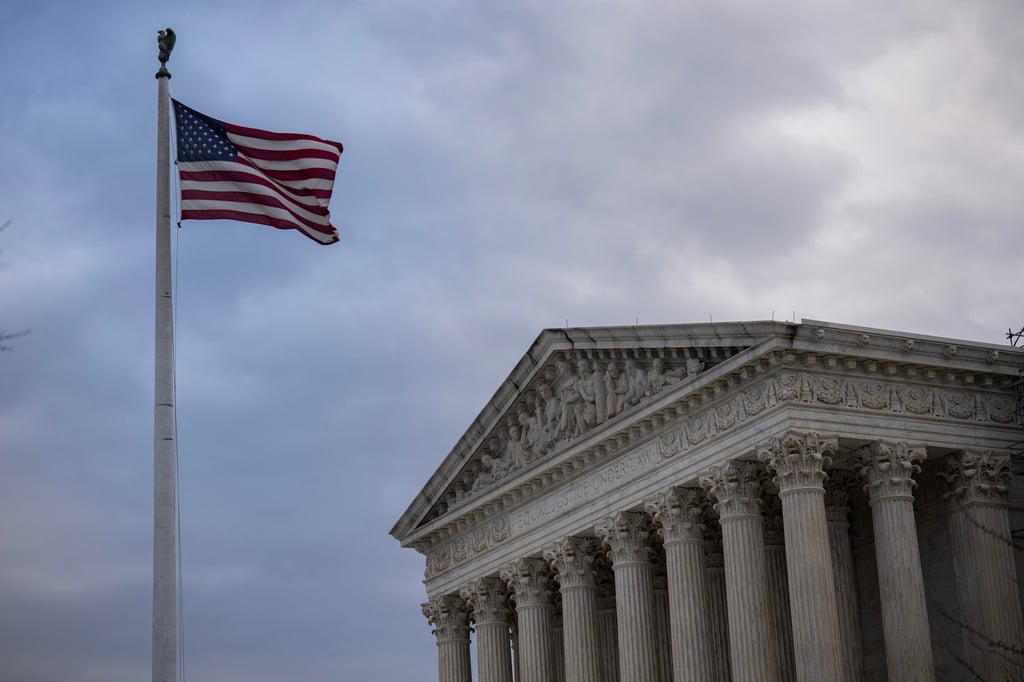US Supreme Court rejects Trump ex-aide Meadows’ bid to move Georgia election case
Donald Trump’s former White House chief of staff Mark Meadows has failed in his bid to move his Georgia 2020 election interference criminal case out of state court and into the potentially friendlier venue of federal court, as the US Supreme Court rebuffed his request on Tuesday.
The justices turned away an appeal by Meadows, a former Republican congressman, of a lower court’s decision rejecting his effort to have his case heard in federal court.
Prosecutors in Georgia’s Fulton County in 2023 indicted Meadows along with Trump and other allies in a sweeping racketeering case, accusing them of conspiring to overturn Trump’s 2020 loss in the state to Democrat Joe Biden. Trump won the November 5 US election and is set to return to the presidency on January 20. Both Meadows and Trump have pleaded not guilty.
Meadows has sought to have the case heard in federal court under a US law that lets federal officials transfer cases involving their official duties out of state courts. Meadows has argued that the Georgia charges involved his responsibilities as chief of staff and that he has defences that can be mounted under federal law.

US District Judge Steve Jones rejected Meadow’s bid. The Atlanta-based 11th US Circuit Court of Appeals upheld that decision in December 2023, ruling that the law cited by Meadows “does not apply to former federal officers, and even if it did, the events giving rise to this criminal action were not related to Meadows’s official duties.”
Moving the case to federal court could give Meadows a friendlier jury pool because such a trial would draw from a larger and more politically diverse area than Fulton County, a Democratic stronghold. Meadows would also be able to argue in federal court that he is immune from state prosecution because the charges involve actions arising from his duties as a federal official.